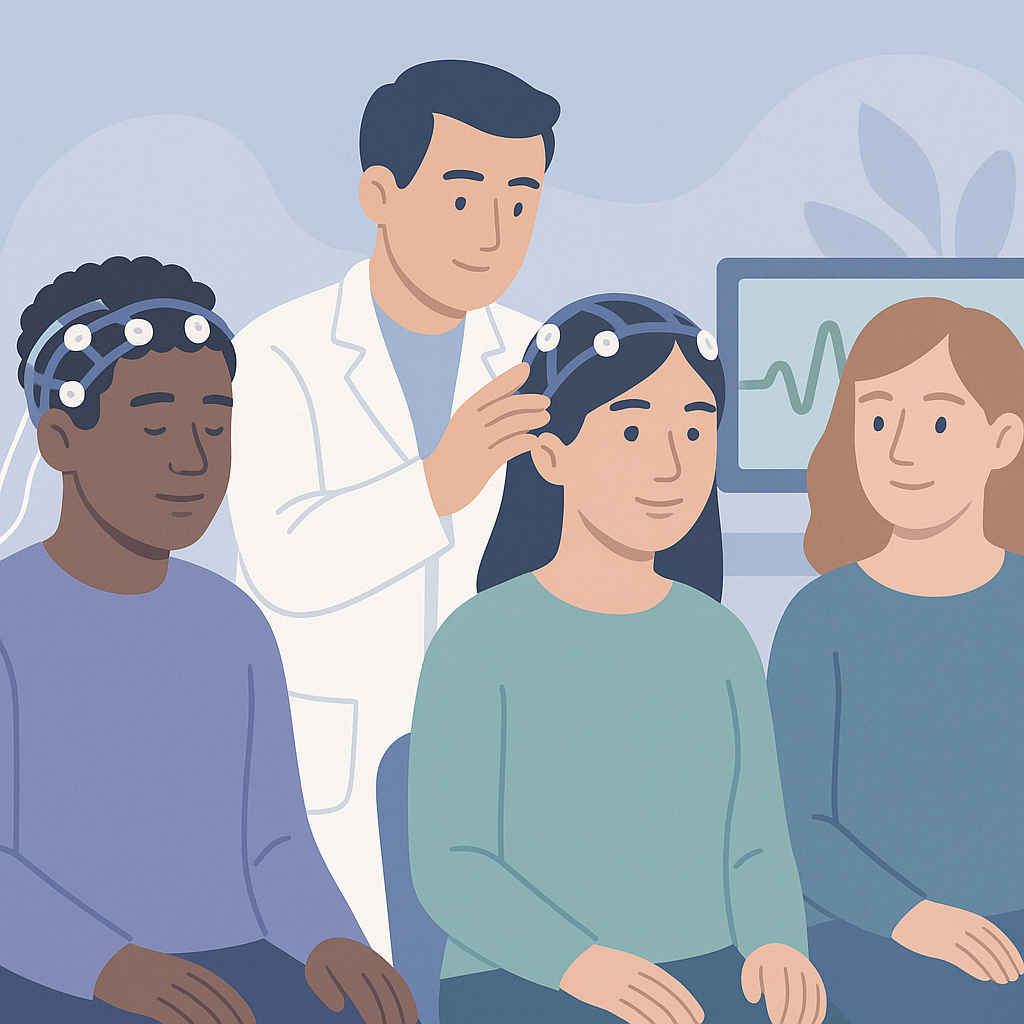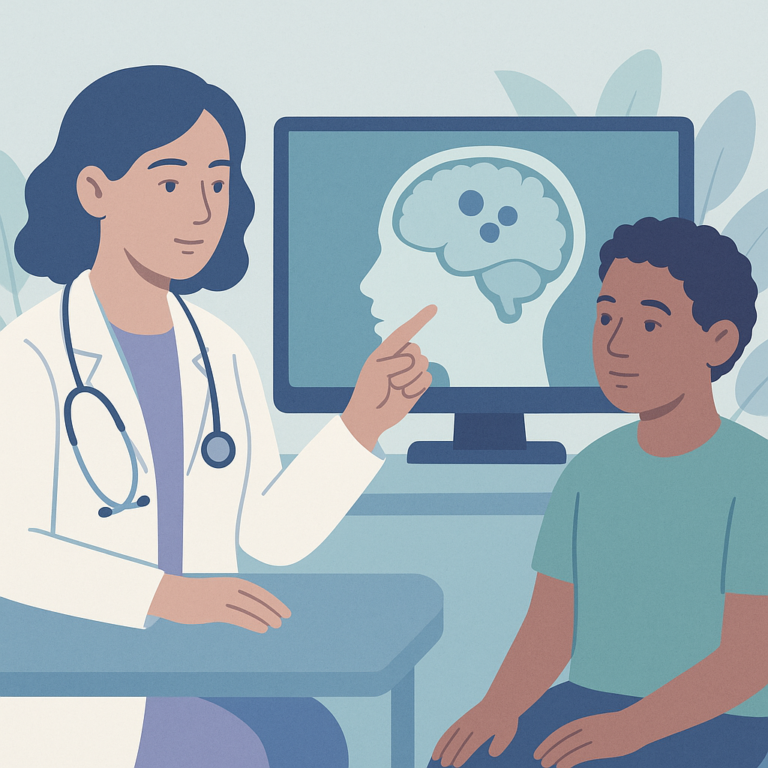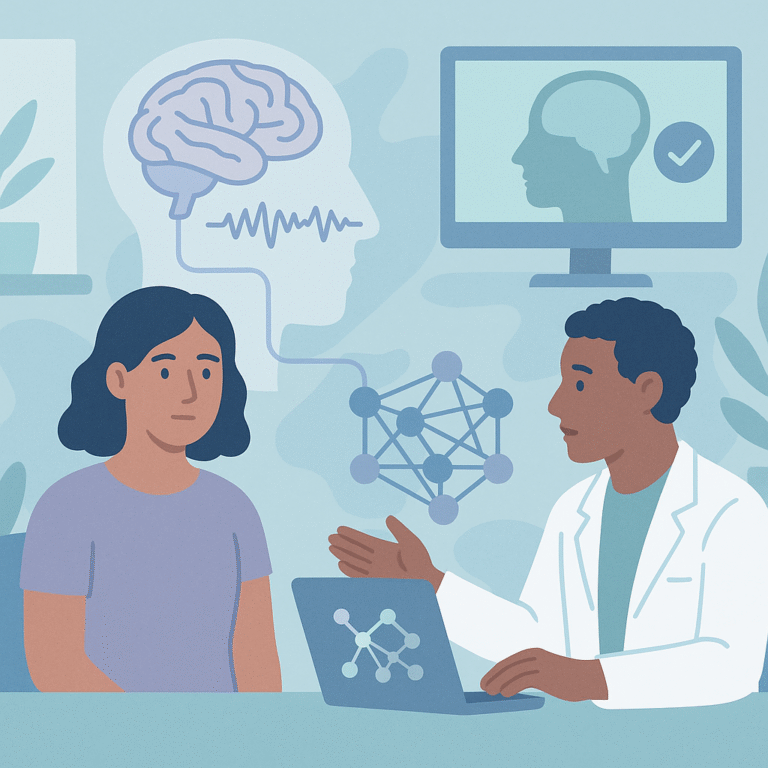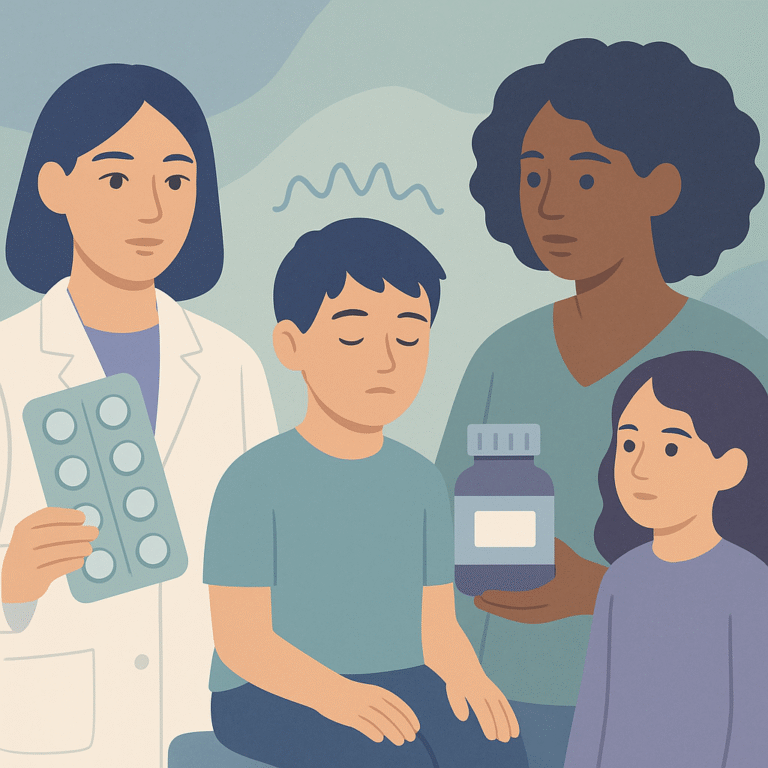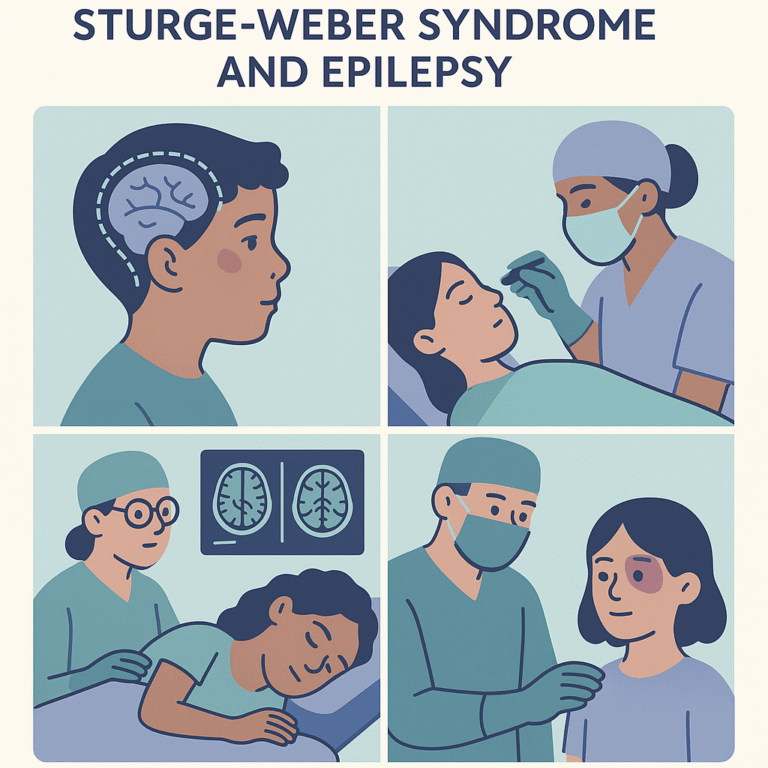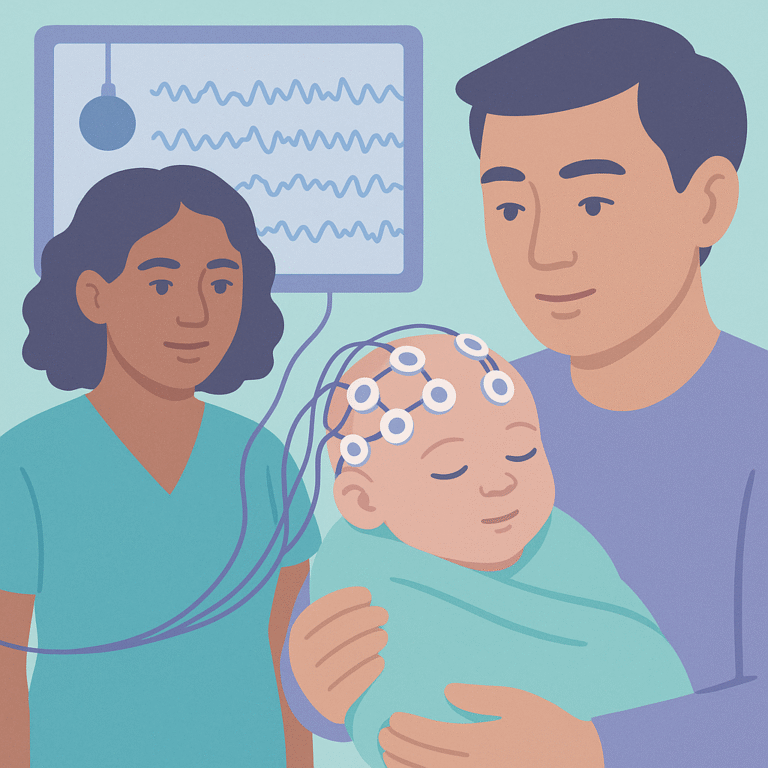New Brain Stimulation Method Shows Promise for Neurological Disorders
Source: Brain stimulation
Summary
Researchers studied a new method called transcranial temporal interference stimulation (tTIS) to see how it can help people with various neurological and psychiatric disorders. They reviewed 48 records, including 20 published studies and 28 ongoing trials, involving a total of 820 participants. The studies looked at how tTIS affects the brain, particularly deep areas like the motor cortex and hippocampus, and whether it can improve symptoms in conditions like Parkinson's disease and essential tremor.
The key findings showed that tTIS is generally safe and well-tolerated, with only mild side effects reported, such as tingling or itching. Some studies found that after just one session of tTIS, participants experienced quick improvements in symptoms like slow movement and tremors. The stimulation was most effective when combined with specific tasks, suggesting it can engage important brain areas. Ongoing trials are exploring its use in more patients, especially those with epilepsy and depression.
This research is important because it shows that tTIS could be a promising new treatment option for people with challenging neurological and psychiatric conditions. However, most studies so far have been small, and more rigorous trials are needed to fully understand its benefits and how it works. As researchers continue to explore tTIS, it may lead to better therapies for those affected by these disorders.
Free: Seizure First Aid Quick Guide (PDF)
Plus one plain-language weekly digest of new epilepsy research.
Unsubscribe anytime. No medical advice.